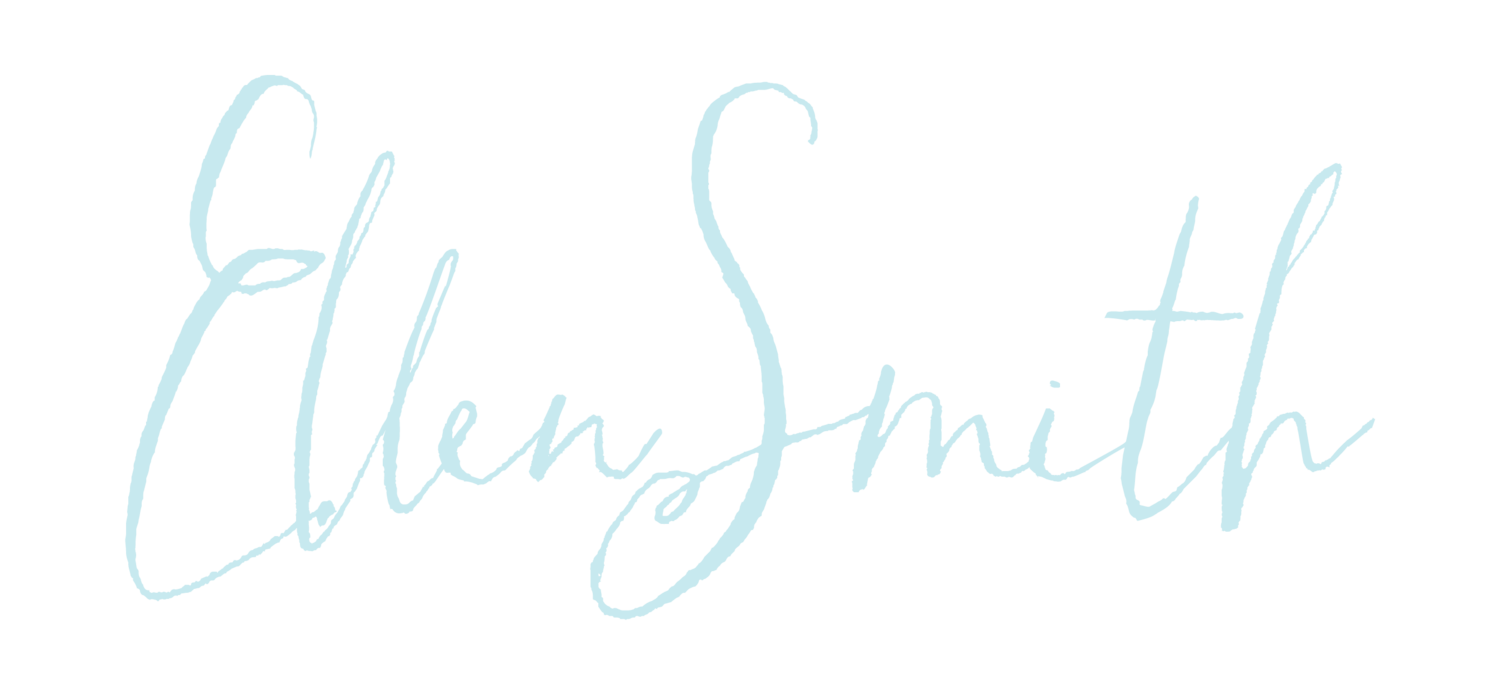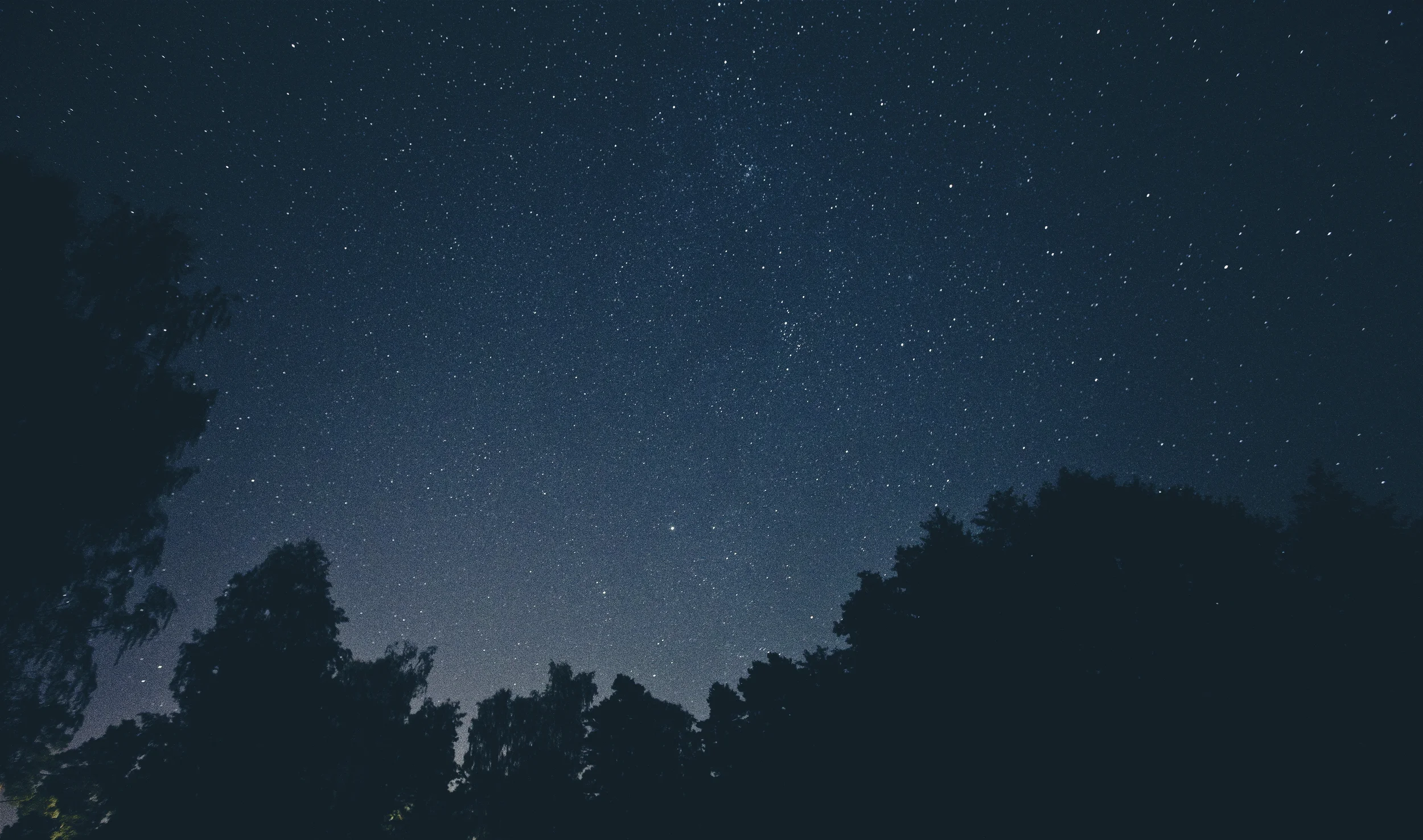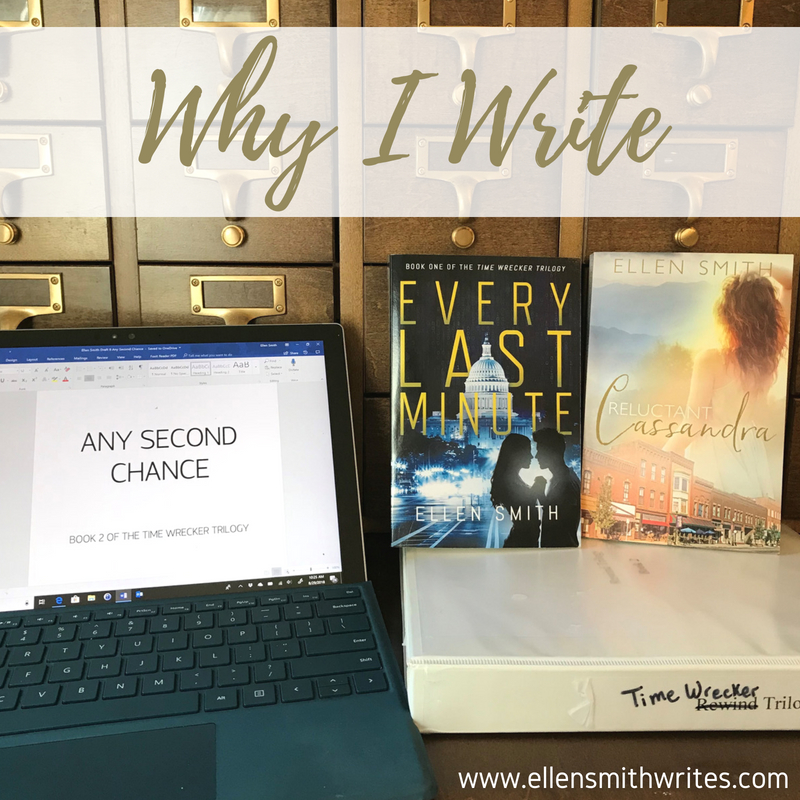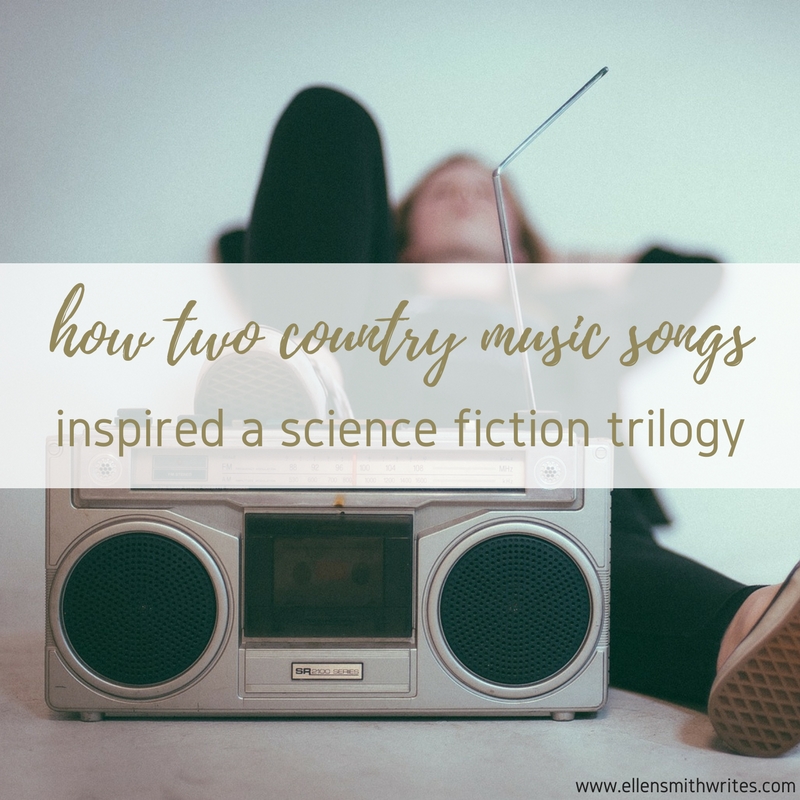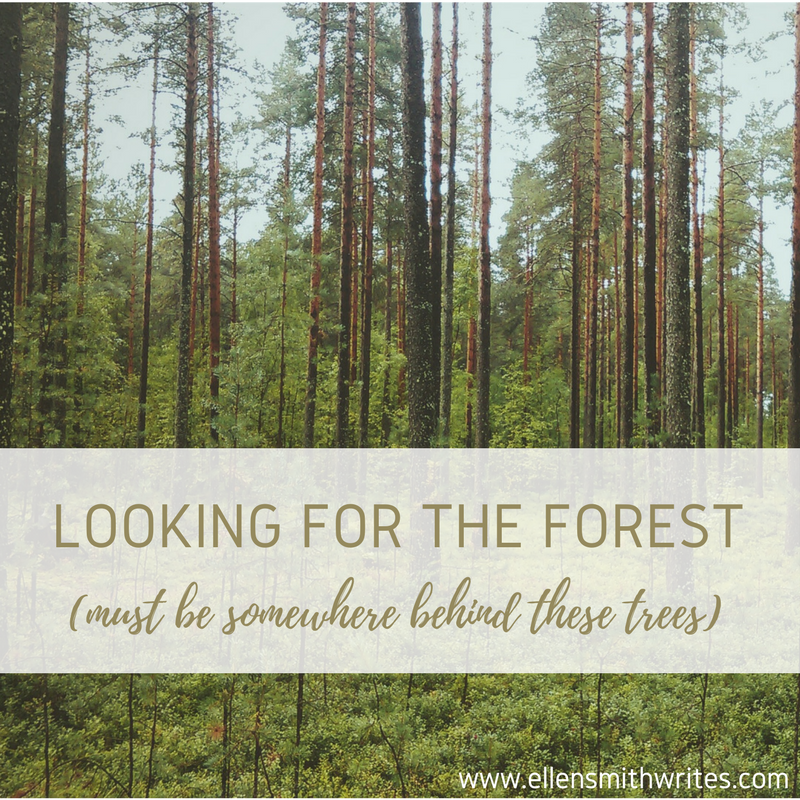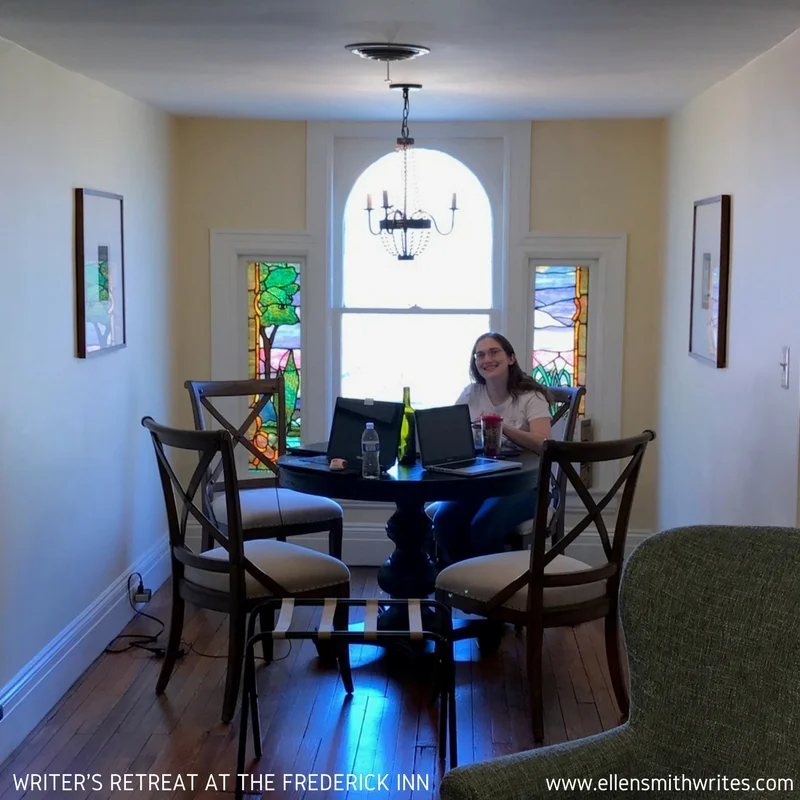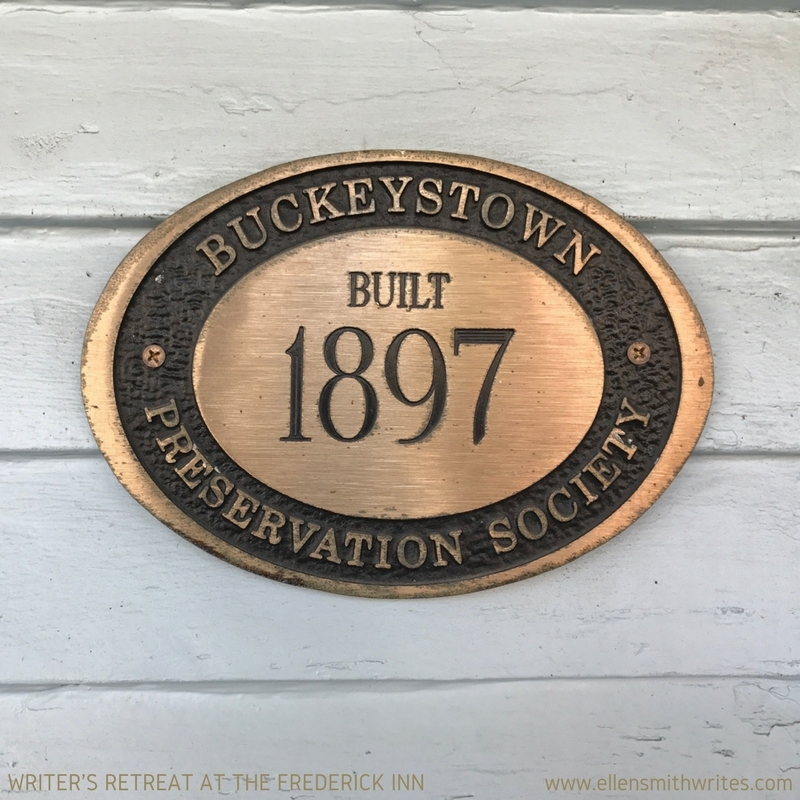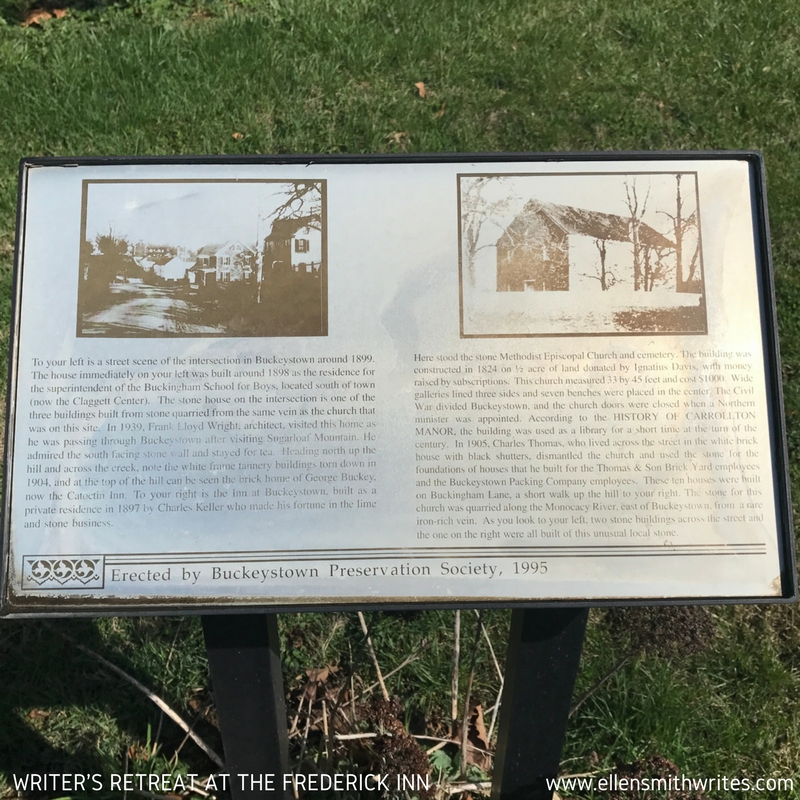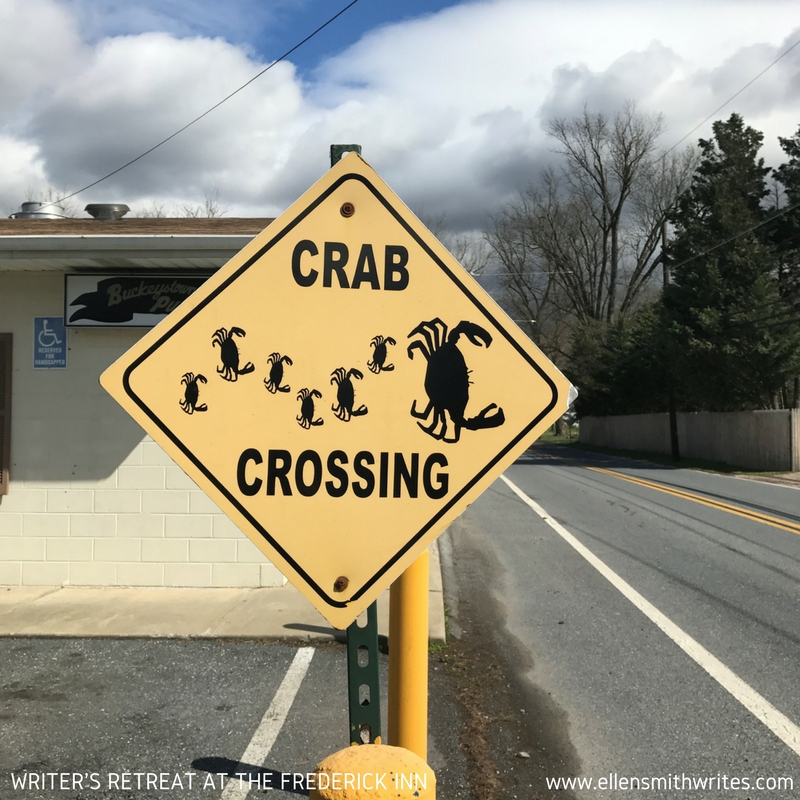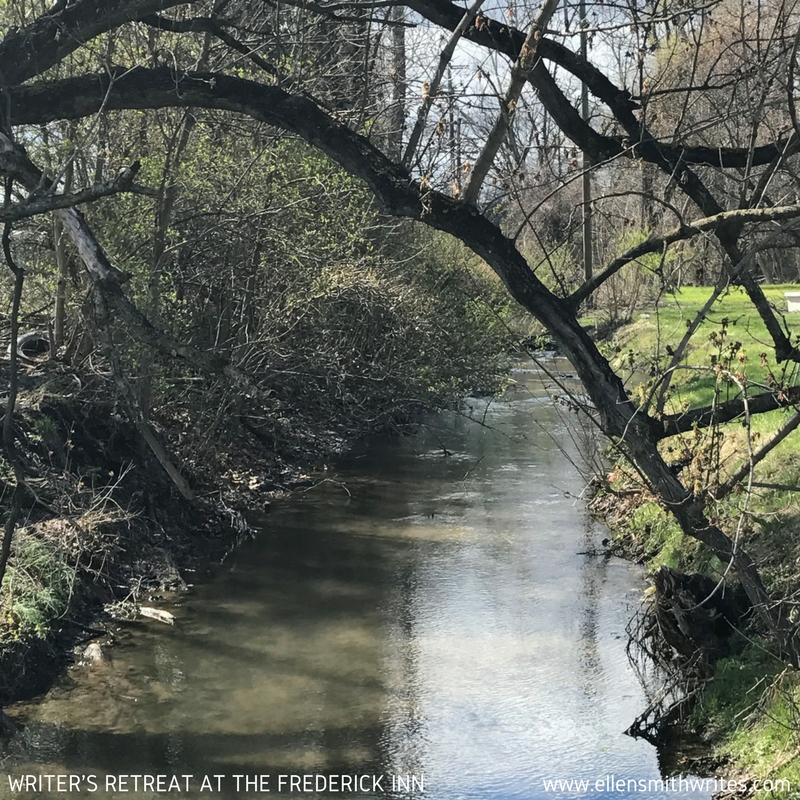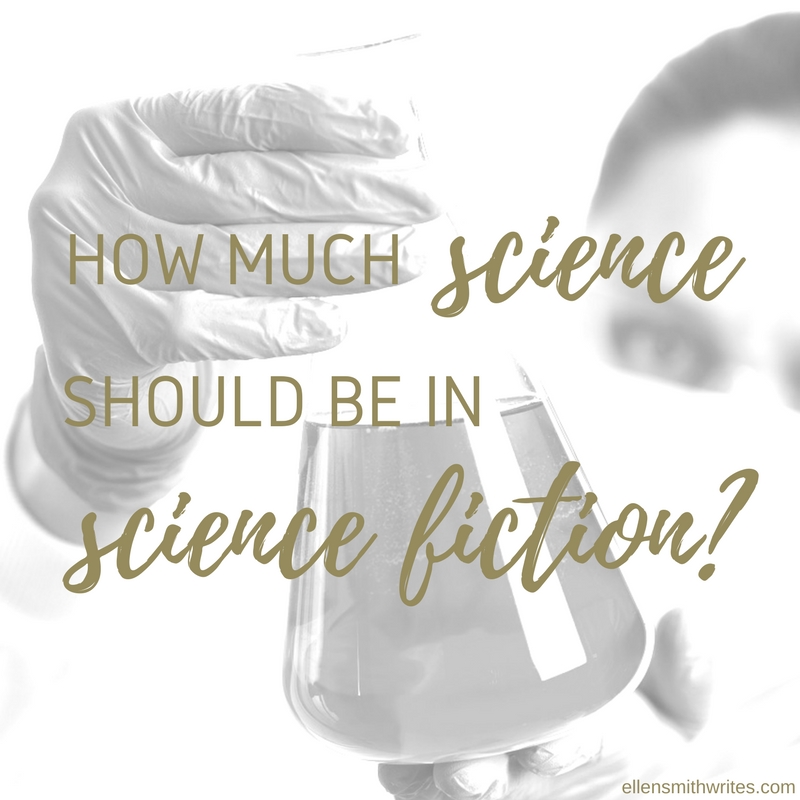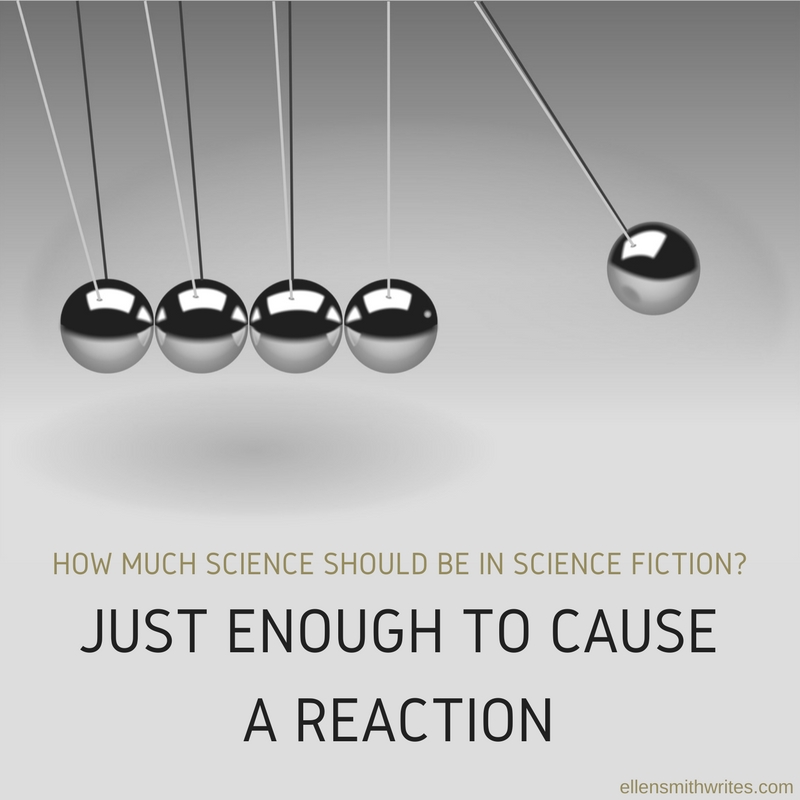I mean…
We have a global pandemic, a shortage of both medical supplies and toilet paper, and now murder hornets.
Since mid-March, when my state began closing down schools, churches, and non-essential businesses, I’ve actually felt guilty whenever I sat down to write science fiction. Writing about time travel and data leaks feels so mundane now. I get the feeling that the Universe is looking over my shoulder as I type and giggling, “Oh, she thinks time travel is weird? How quaint!” But then, I can’t make my writing weirder, right? What if I accidentally up the ante and the Universe responds in kind?
Seriously though, this is a bizarre time in my writing life, both in freelance and fiction. As an education writer (and former teacher), I’m suddenly writing far more virtual-learning and printable materials than ever before, in addition to managing distance learning for my own children. As a science fiction writer and voracious reader, I’ve already gone down the rabbit hole with a number of dystopian plotlines. And quite honestly, from any angle I look at it, this year…is not my favorite.
So just for the record, here is what I have to say to 2020:
In my mom voice: “That. Is. Enough!”
In my teacher voice: “The longer it takes us to follow directions, the longer we’ll all have to sit here.”
As an honest reader review: “2020 started strong, with a great premise and quick-moving plot. Unfortunately, it slowed way down right after the inciting incident. The jokes about toilet paper shortage were funny, but they didn’t do much to counterbalance the hospital scenes of suffering and death. The day-to-day descriptions of sheltering-in-place got tedious and the story really dragged for me there. Briefly touched on topics like “government responsibility in times of crisis” and “man’s inhumanity to man,” but unfortunately the plot was quickly sidetracked by over-sensationalized elements, such as a tiger king and the arrival of murder hornets. I give it 3 stars (rounded up from 2.5)”
As a science fiction writer: “I didn’t know it was a competition! But if it is, you win. You can be the weirdest. Your dystopian future is the most creative. Please, just stop while you’re ahead. Okay? Okay.”
